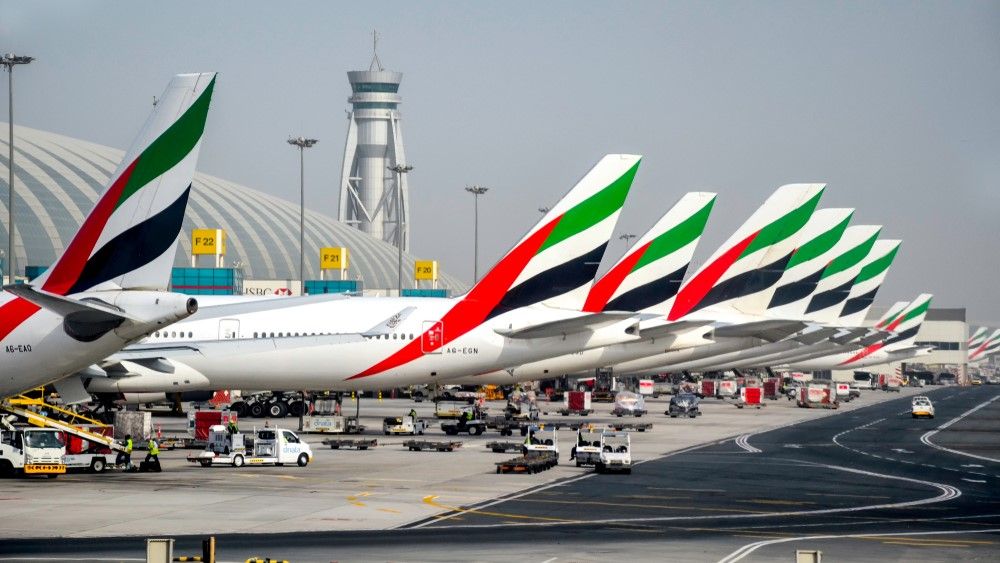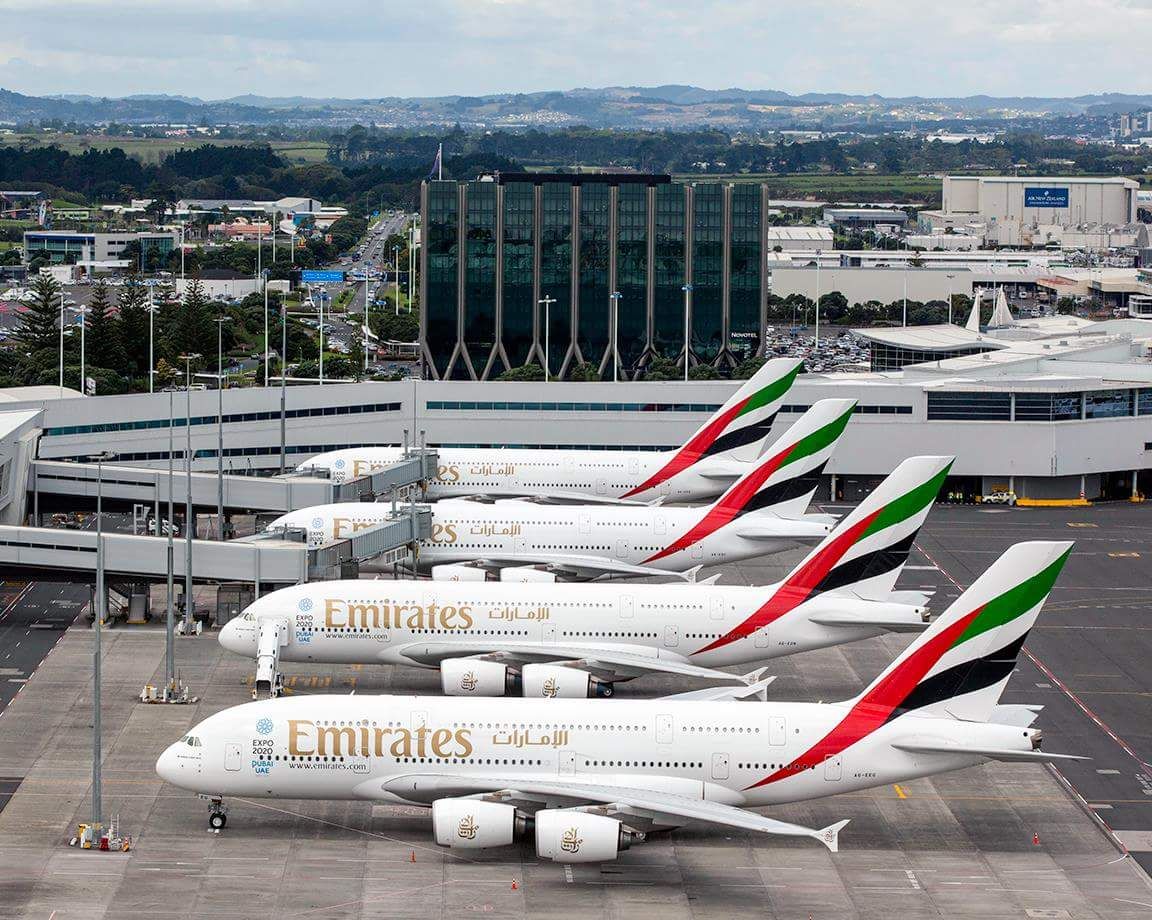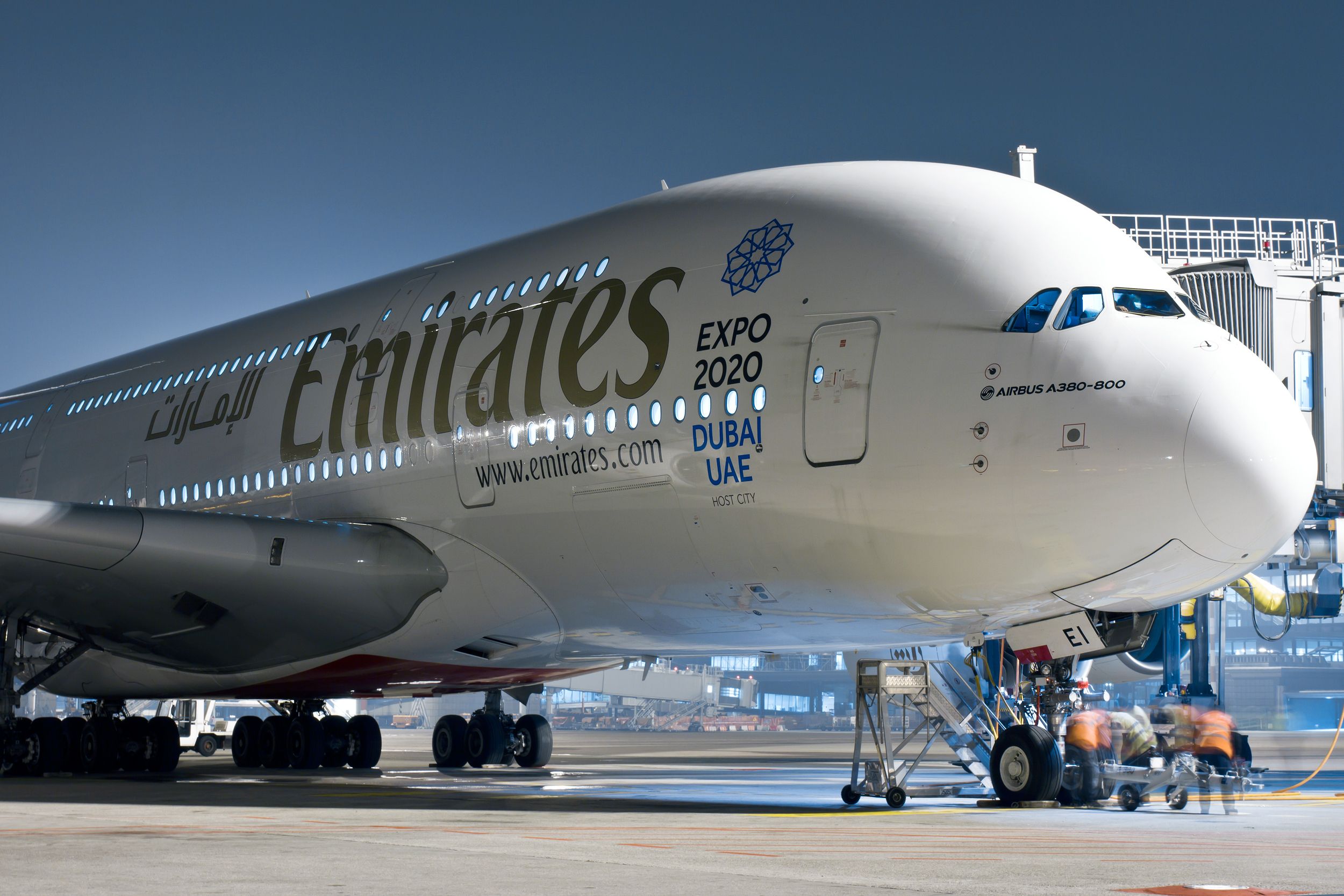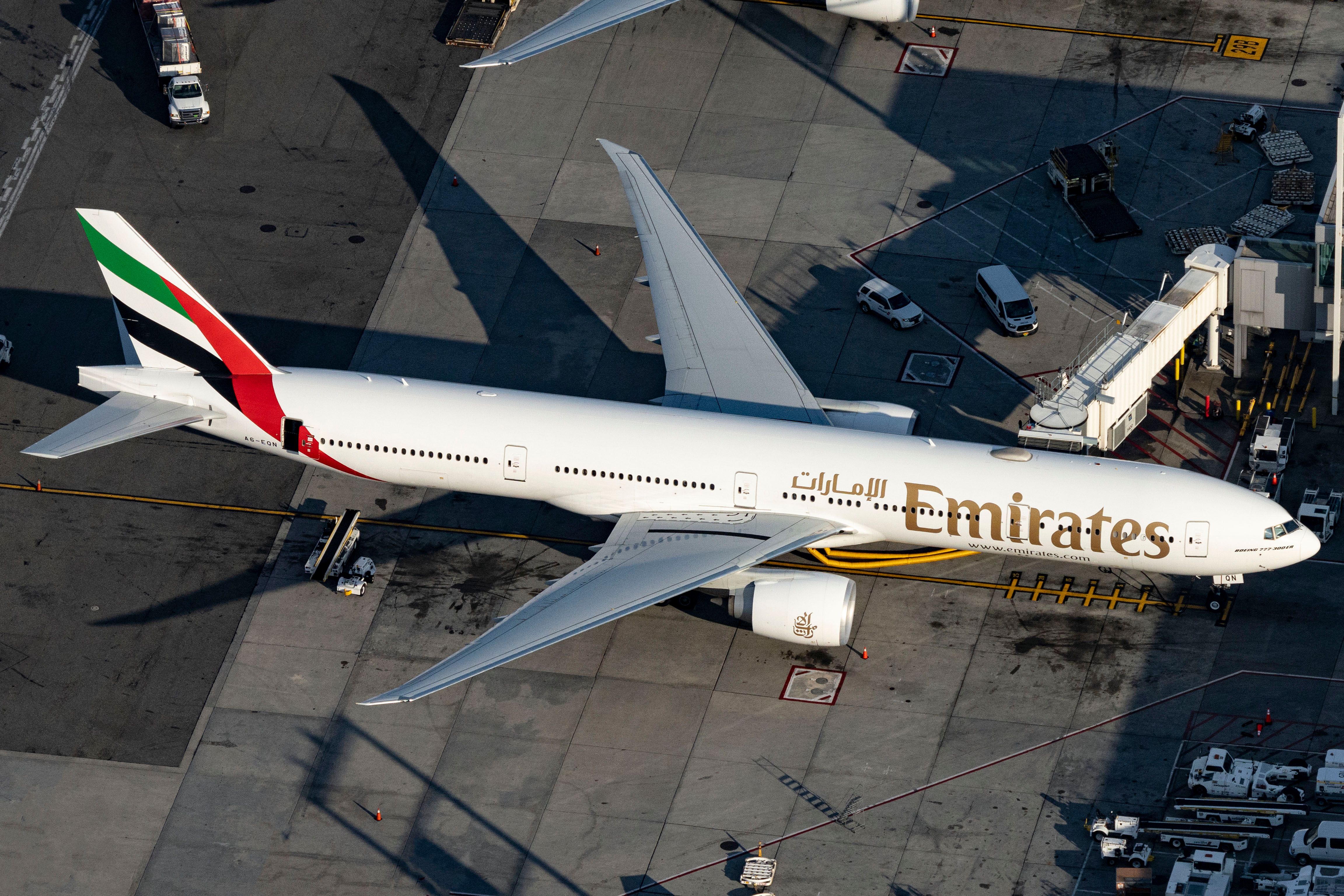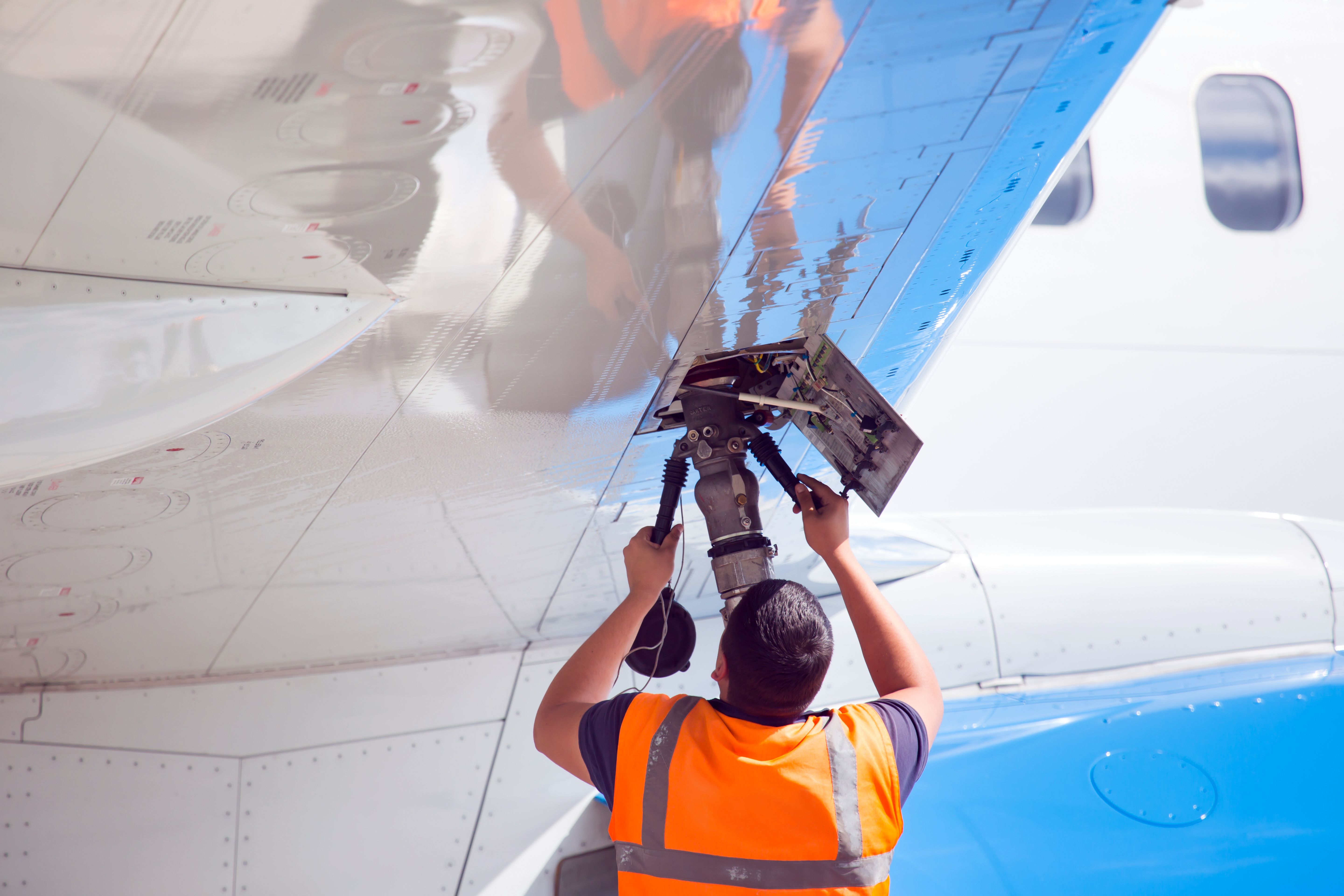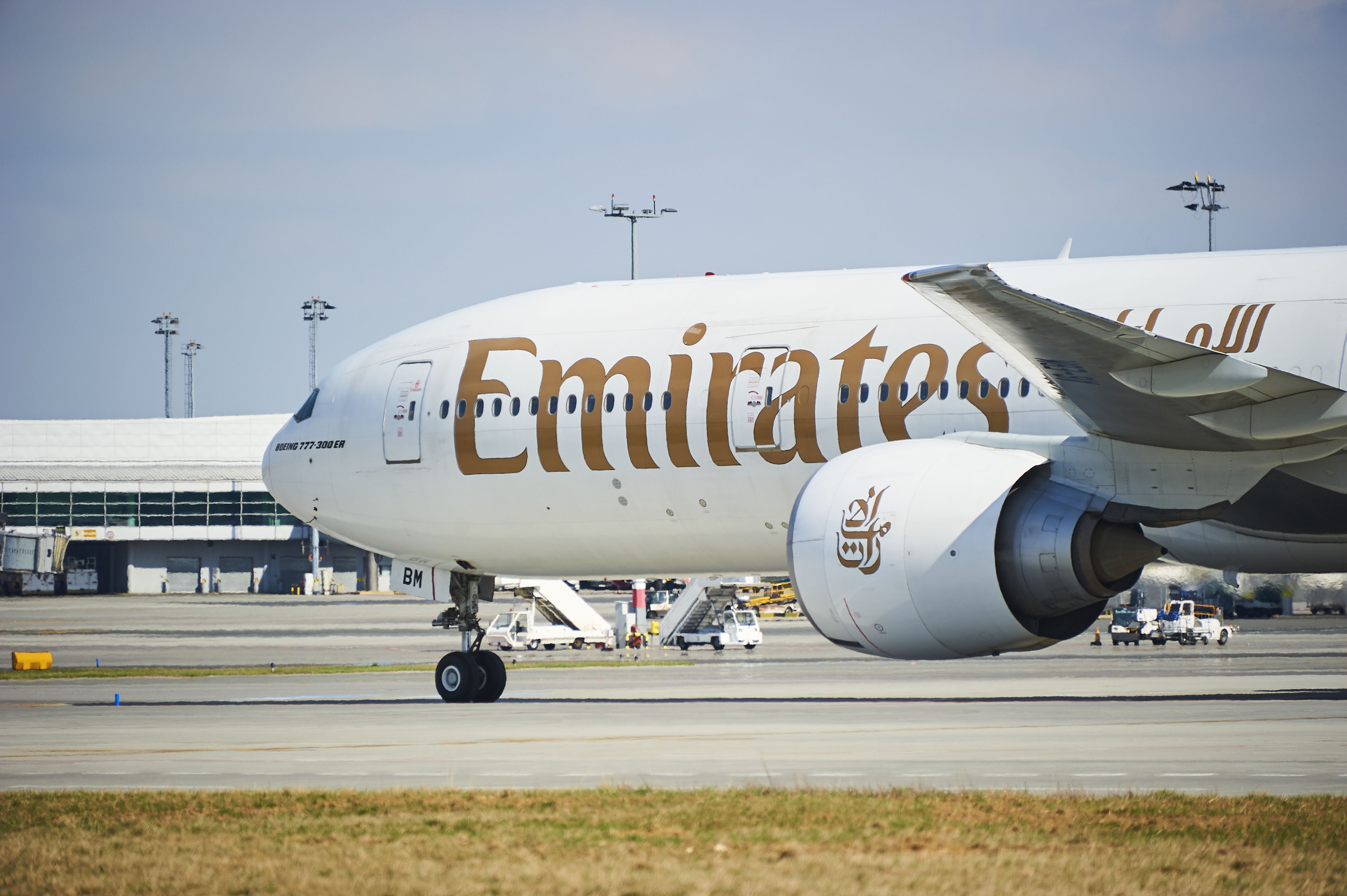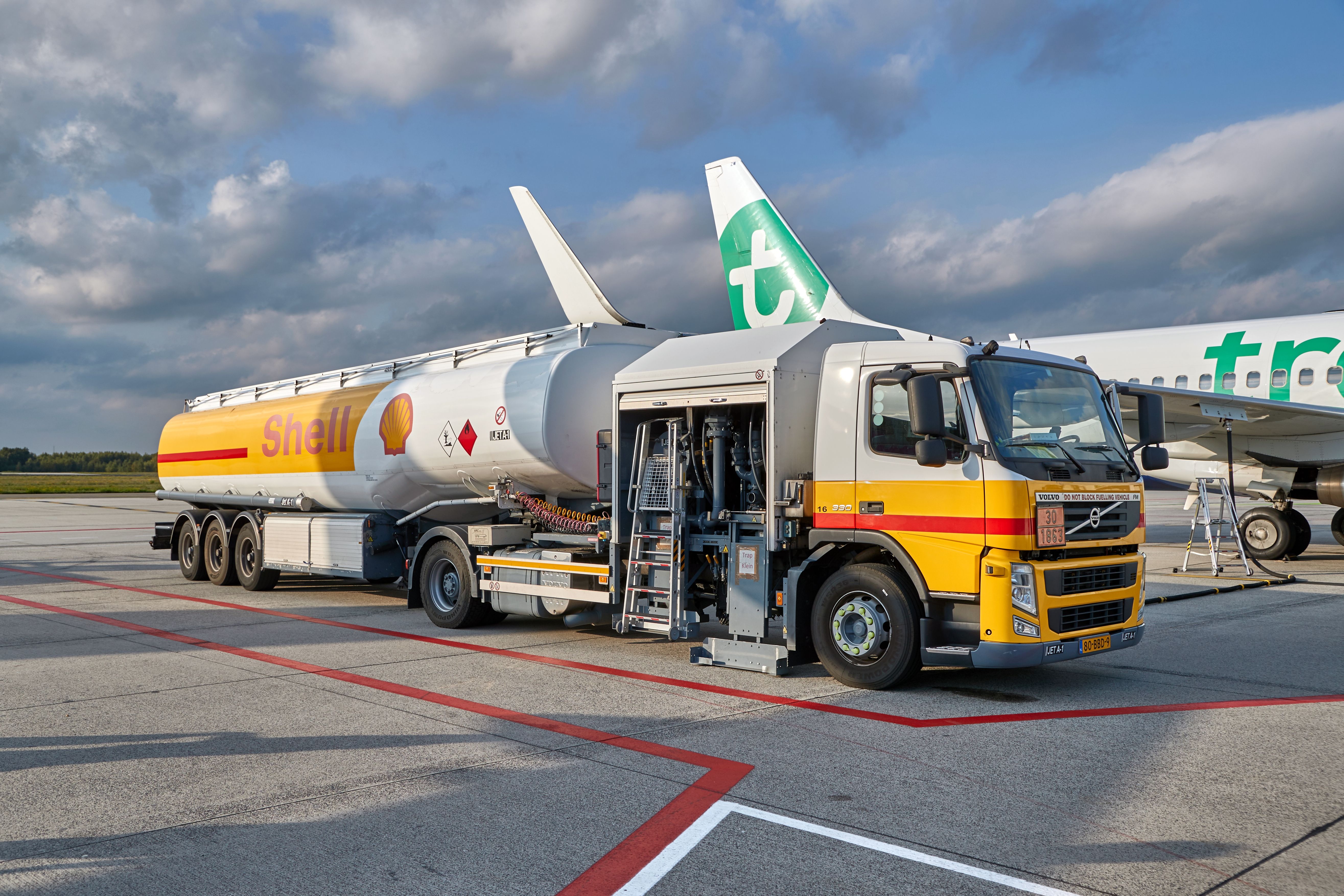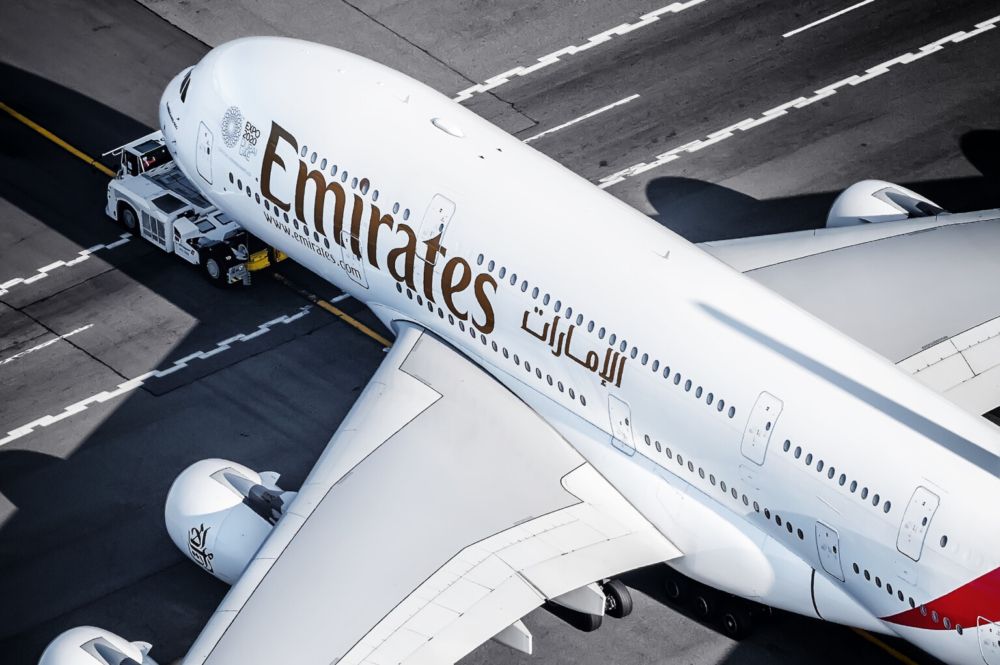Summary
- Emirates has signed a major fuel supply agreement with Shell for sustainable aviation fuel at Dubai Airport, marking a significant milestone in its pursuit of environmental sustainability.
- The agreement includes the use of an innovative blockchain-powered IT platform called Avelia, allowing Emirates to track SAF deliveries and measure the environmental benefits of adopting SAF.
- This deal highlights the growing trend in the aviation industry towards sustainable aviation fuel as a greener alternative, although challenges remain in terms of production and scalability.
Emirates has signed a multi-million dollar contract with international aviation fuel supplier Shell to purchase a sizeable quantity of sustainable aviation fuel for its Dubai Airport base.
Emirates secures SAF supplies.
Dubai-based mega carrier Emirates has announced it has signed a major fuel supply agreement with international aviation fuel supplier Shell covering sustainable aviation fuel supplies (SAF) at its home base airport, Dubai International Airport (DXB).
The agreement secures the supply of 300,000 gallons of blended SAF to Emirates at the airport, deliveries of which are expected to begin by the end of this year. Not only a milestone in terms of the quantity of SAF being ordered under the contract, but the agreement will also mark the first time SAF has been supplied through the Dubai Airport hydrant fuelling system.
Photo: Emirates
The agreement represents the latest move by Emirates in pursuit of its environmental strategy, focusing on the three main areas of emissions reduction, responsible consumption, and the conservation of wildlife and habitats.
Trackable and collaborative fuel supplies
As part of the agreement between the carrier and Shell, Emirates will be able to track SAF deliveries and related data through an IT platform known as Avelia. This system is one of the world’s first blockchain-powered SAF solutions.
Avelia is a collaboration between Shell Aviation and the international consulting firm Accenture, with further support from Energy Web and American Express Global Business Travel. The partnership will enable both Emirates and Shell in their pursuit to become greener businesses.
Photo: Davide Calabresi | Shutterstock.
Using Avelia, Emirates will purchase the physical SAF and associated environmental attributes to help decarbonize its Scope One-related emissions. Meanwhile, Shell Corporate Travel will buy Scope Three environmental attributes associated with the same physical SAF to help decarbonize its related business travel operations.
According to Emirates, using Avelia, the agreement demonstrates how book and claim solutions can enable airlines and corporations to share the environmental benefits of adopting SAF.
What are Emirates and Shell saying about the deal?
This deal is a big deal for both Emirates and Shell and marks a huge step forward in the commercial dealings between the two leviathans in the commercial airline industry.
Photo: Vincenzo Pace I Simple Flying
Announcing the SAF deal with Shell earlier today, Sir Tim Clark, President of Emirates, said,
“We are proud to work in partnership with Shell to make a SAF supply available for Emirates in Dubai for the first time and to utilize the Avelia platform that provides business travelers the flexibility to align their sustainability targets and reduce their environmental footprint when traveling. We hope that this collaboration develops further to provide an ongoing future supply of SAF in our hub, as there are currently no production facilities for SAF in the UAE.”
Mr Clark continued,
“Aviation plays a vital role in Dubai and the wider UAE economy, and we look forward to continuing collaborations with like-minded organizations and government entities to look at viable solutions that introduce more SAF, a fuel that is currently extremely limited in supply, into the aviation fuel supply chain and support Emirates’ efforts to reduce emissions across our operations.”
Meanwhile, Chu Yong-Yi, Vice President of Shell Corporate Travel, said,
“Emirates and Shell have a long-standing commercial relationship, and it is fantastic to build on this to now work together on decarbonization. This agreement marks a step forward for the aviation industry in the UAE. Enabling SAF to be supplied at DXB for the first time is an important milestone and a perfect example of how the different parts of the aviation value chain have a role to play in unlocking progress on SAF. We hope that this can act as a springboard for more action on SAF across the aviation industry in the UAE and region, delivering another step forward for our net zero emissions journey.”
More about Emirates and SAF
It has been a few years since SAF first appeared on the market, and airlines have jumped on the fast-moving SAF bandwagon. SAF can be blended with conventional jet fuel at a ratio of up to 50%, creating an aviation fuel significantly lower in carbon emissions.
Photo: Skycolors | Shutterstock
SAF offers the airline industry a safe and fully certified drop-in fuel compatible with existing aircraft fleets and airport infrastructure. In its neatest form, research carried out by IATA shows that SAF can reduce emissions by up to 80% compared to conventional jet fuel.
Emirates has been a long-standing cheerleader for the SAF phenomenon. The airline’s first flight powered by SAF blended with jet fuel took place in 2017, operating from Chicago on a Boeing 777.
Photo: Petr Bonek / Shutterstock
Earlier this year, Emirates completed the first 100% SAF-powered demonstration flight in the Middle East region. The airline has also uplifted SAF for flights from Stockholm and currently operates flights from Paris, Lyon, and Oslo with blended SAF.
Additionally, Emirates participates in a range of industry and UAE government working groups and ongoing stakeholder engagements to help scale the production and supply of SAF.
Is SAF the future for aviation fuel?
While electricity is the energy source receiving the most investment currently, regular readers of Simple Flying will know that SAF has become increasingly popular in the past couple of years.
Photo: Peter Gudella | Shutterstock
Airlines such as All Nippon Airways, Qatar Airways, and United Airlines have all taken huge steps in switching to SAF as a greener alternative fuel just this year alone. Even the European Aviation Safety Authority (EASA) has prescribed that by 2050, 70% of all aviation within Europe must be powered using SAF.
However, a recent report showed that the production of SAF consumes vast amounts of electricity, casting some doubt as to whether SAF can realistically be a long-term solution for greener aviation credentials in the future.
What are your thoughts on this latest deal between Emirates and Shell for the supply of SAF? Let us know in the comments.
Source: IATA
:

